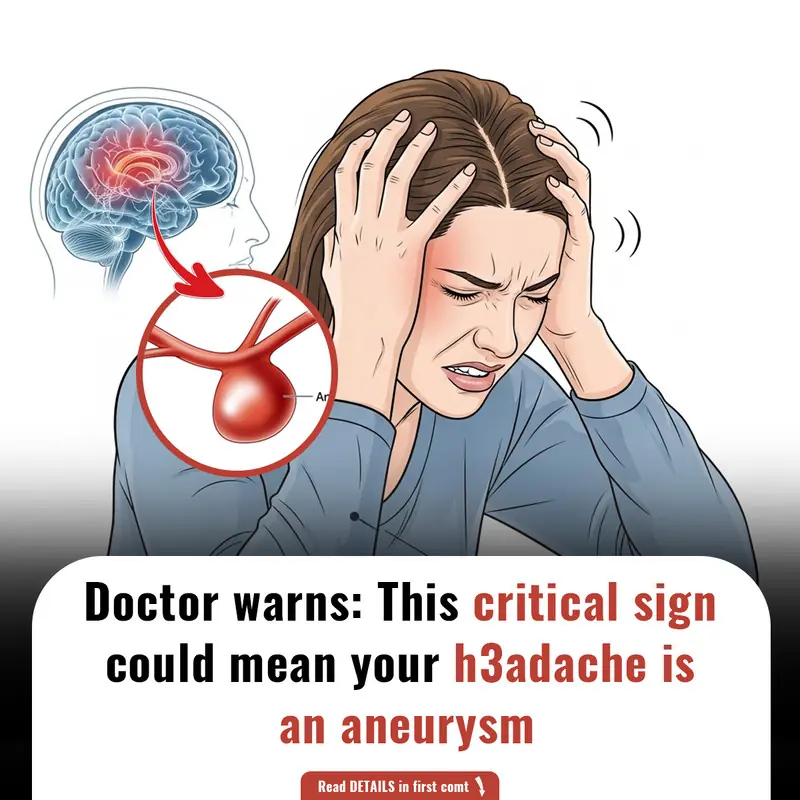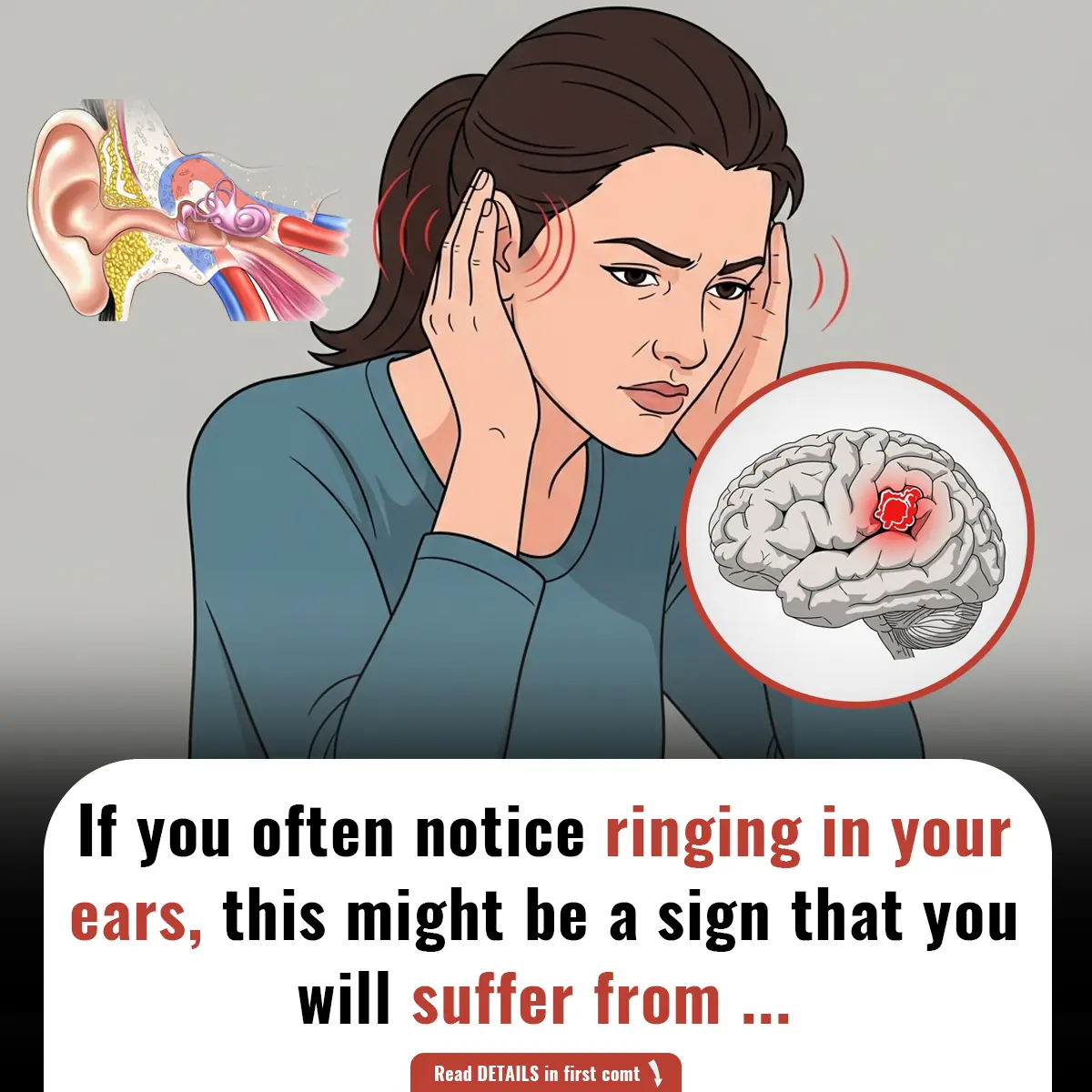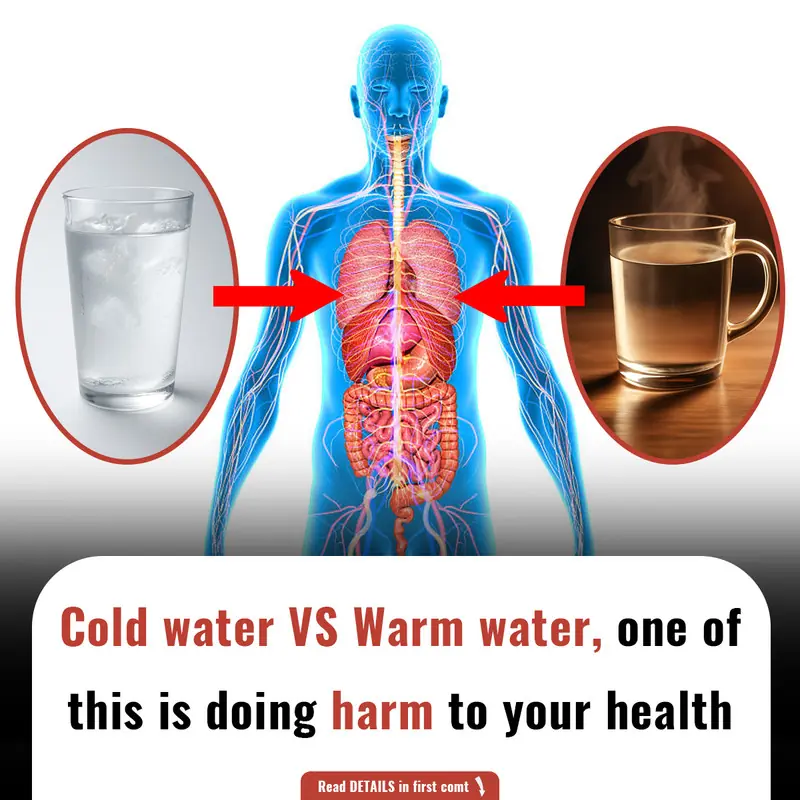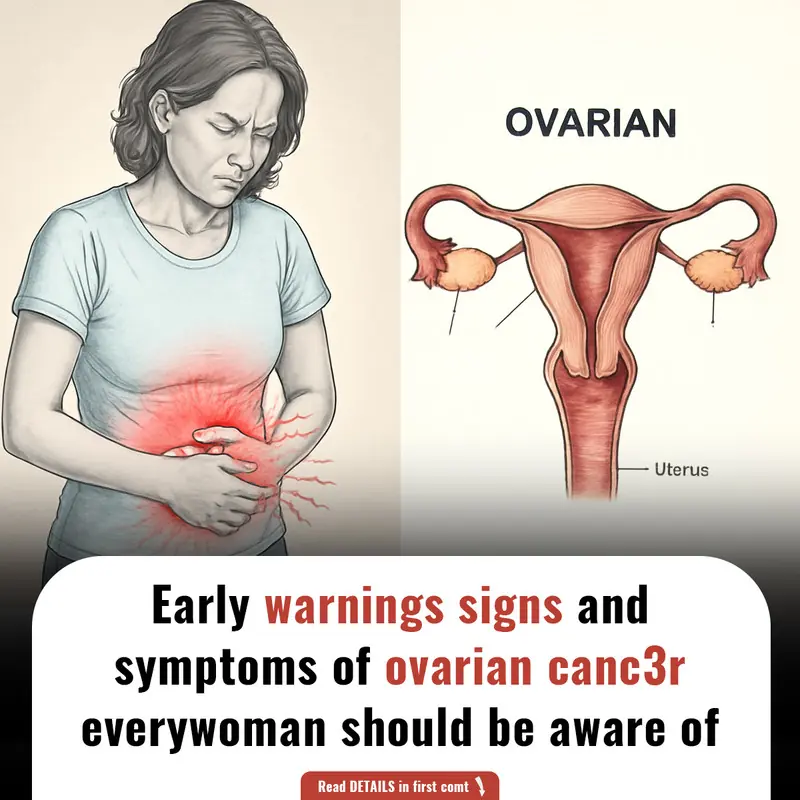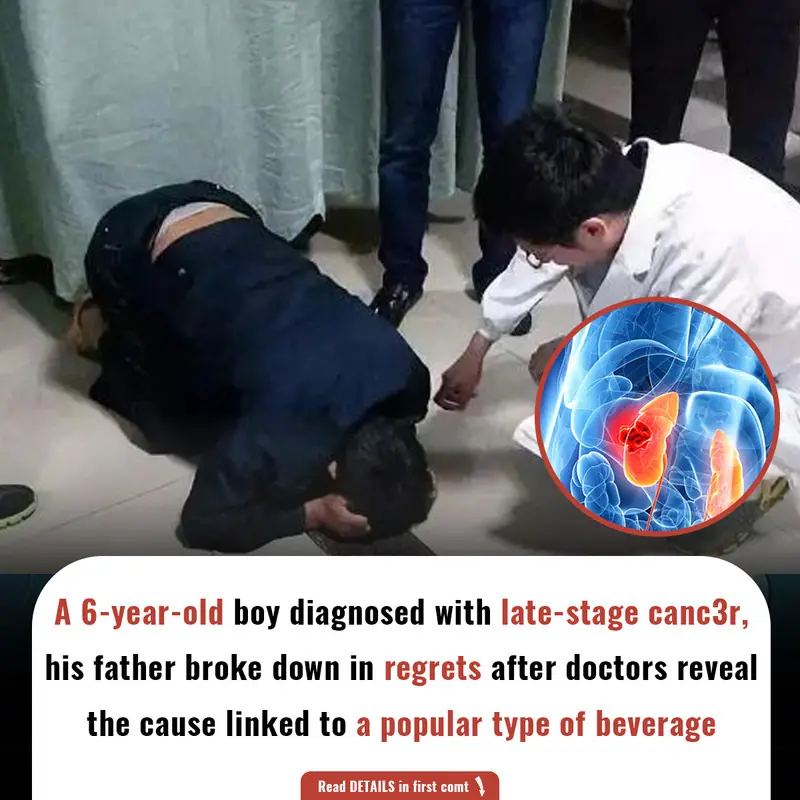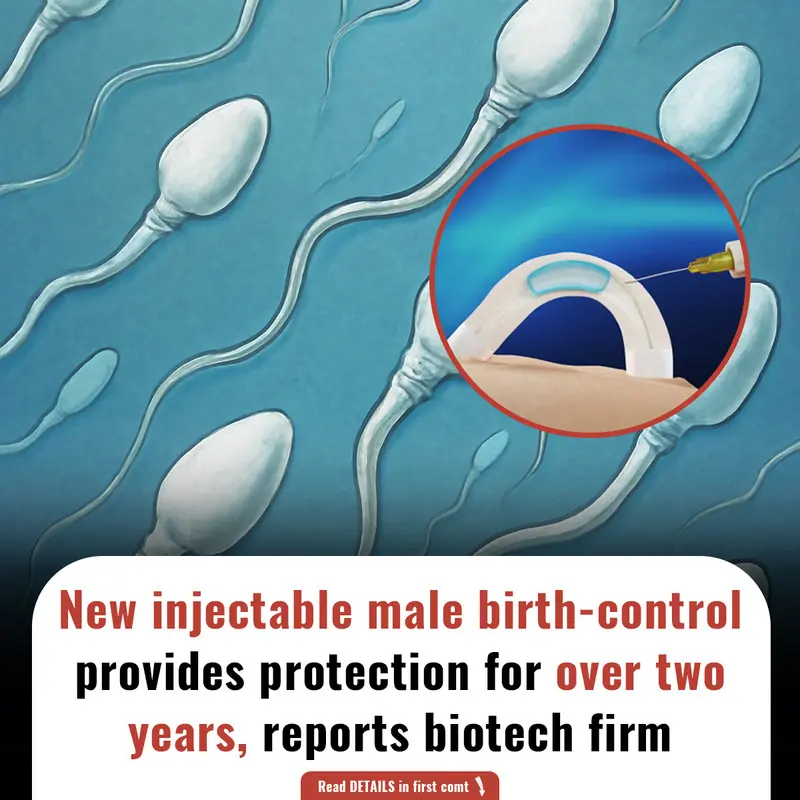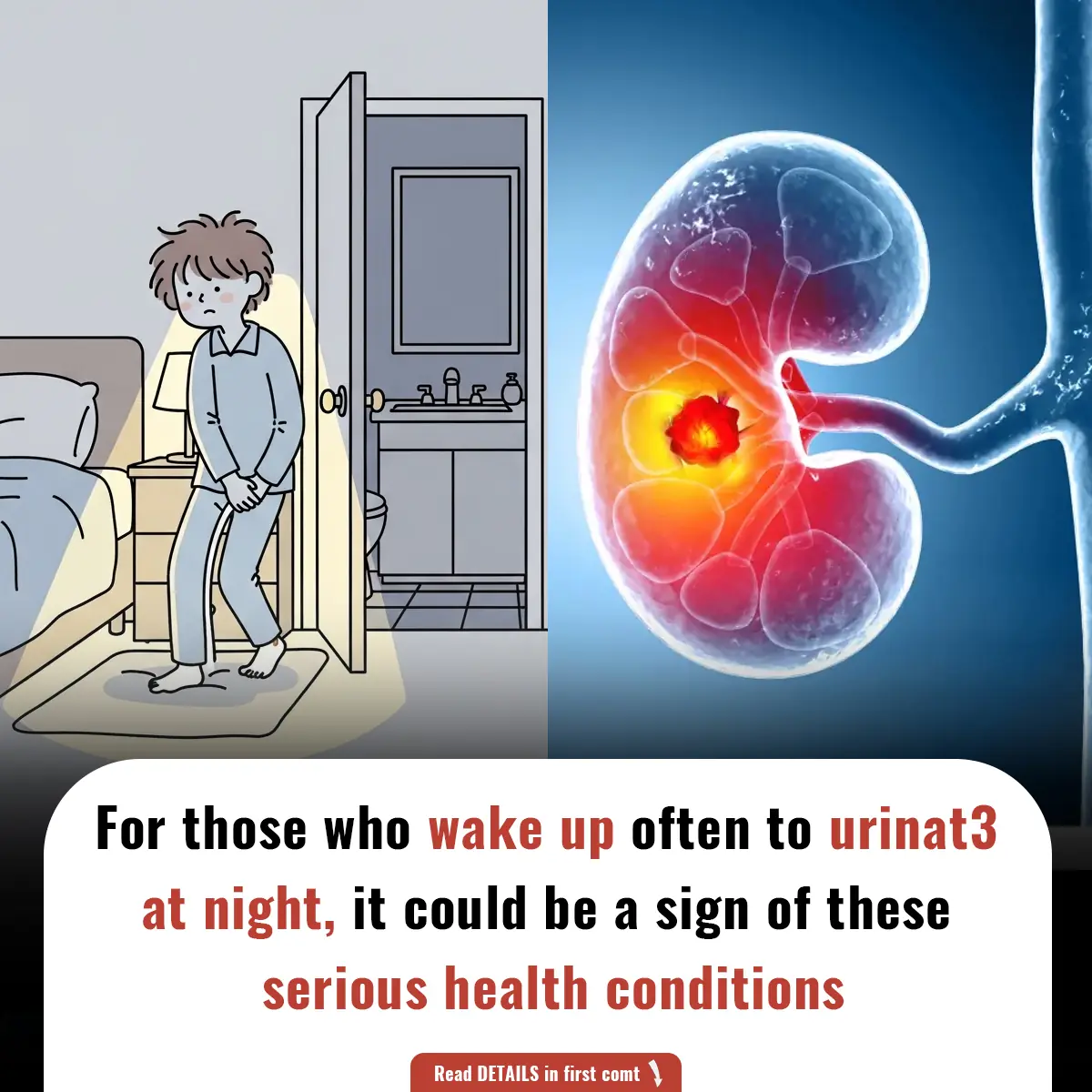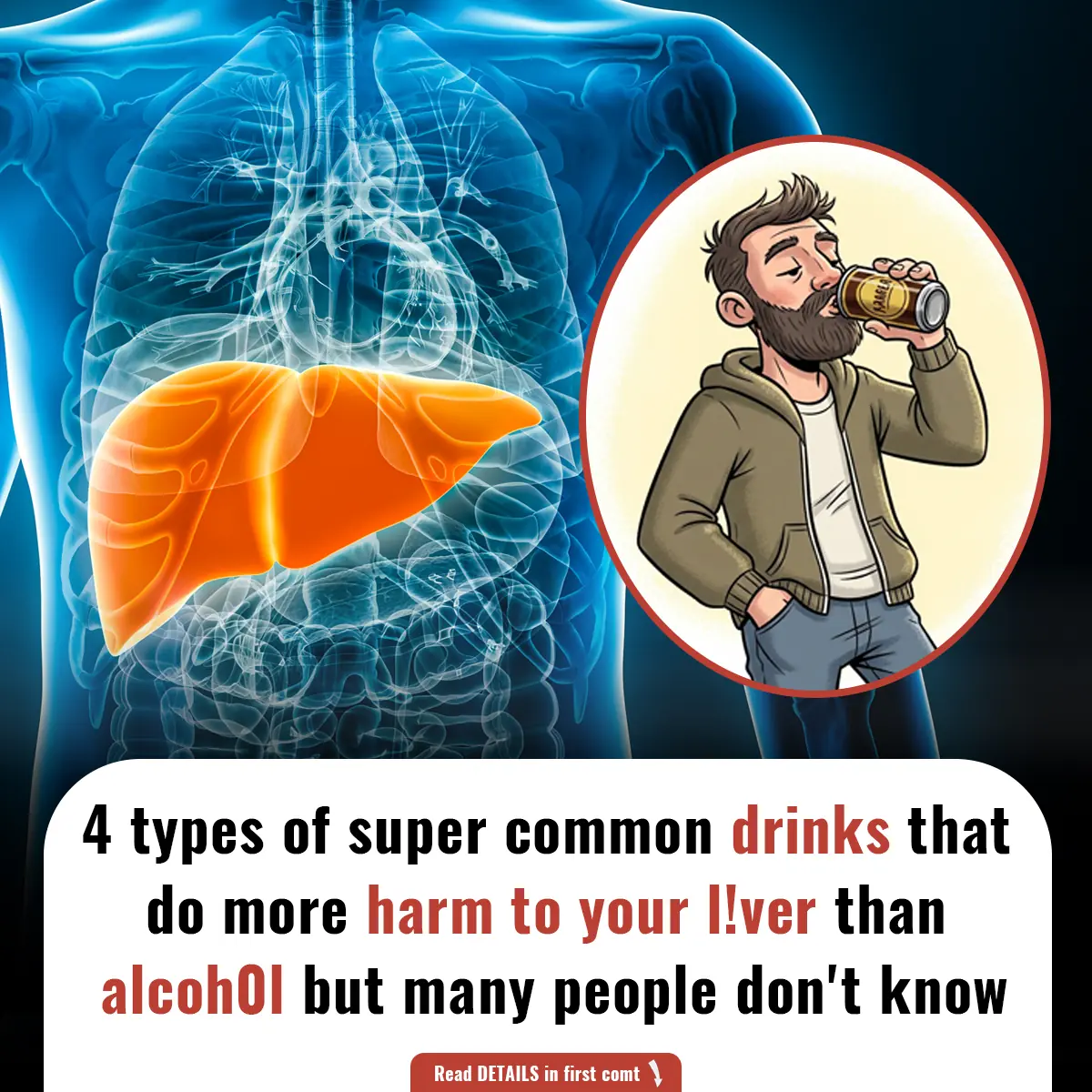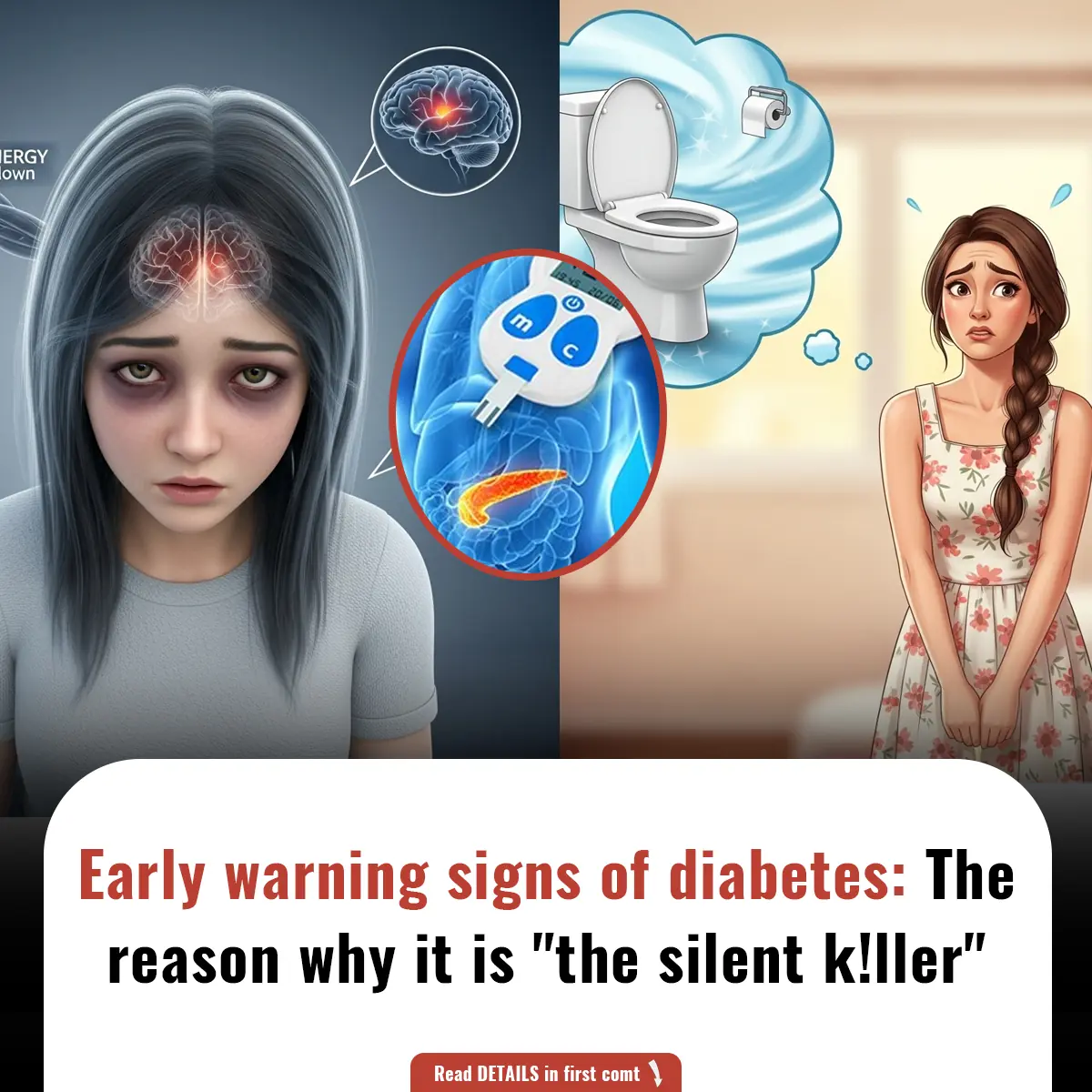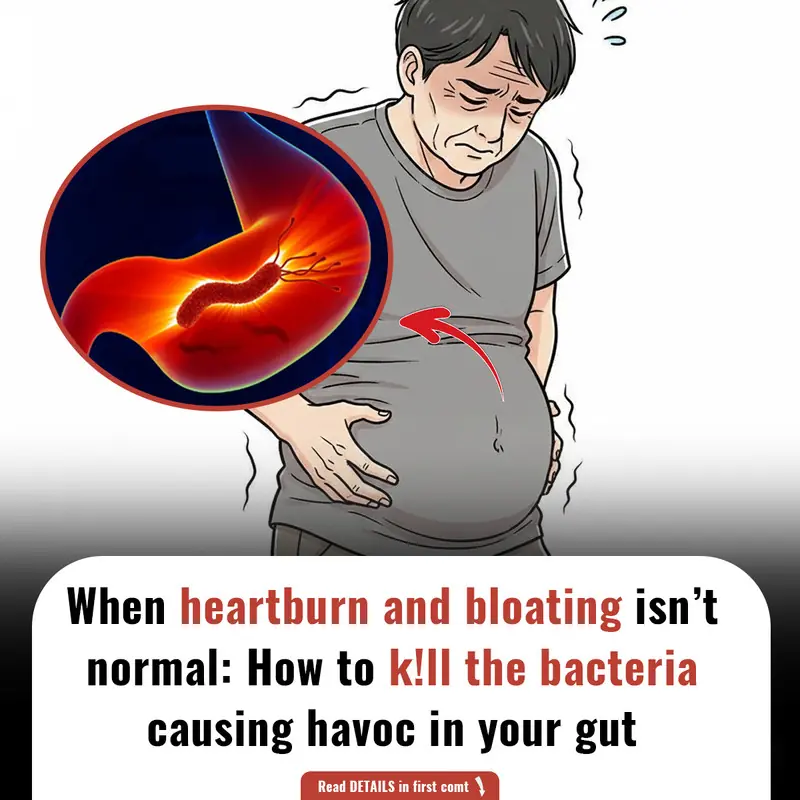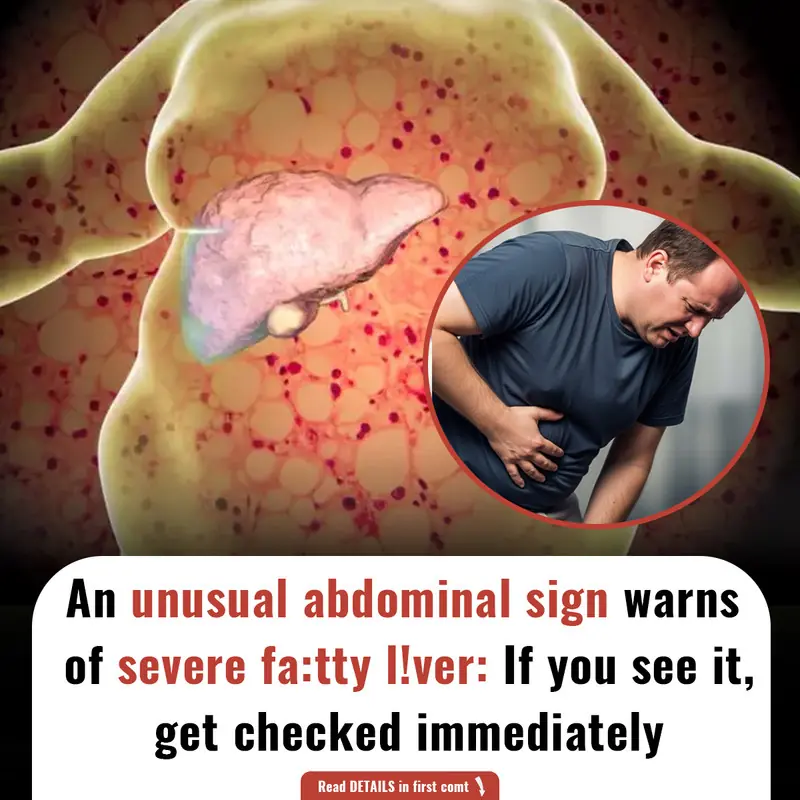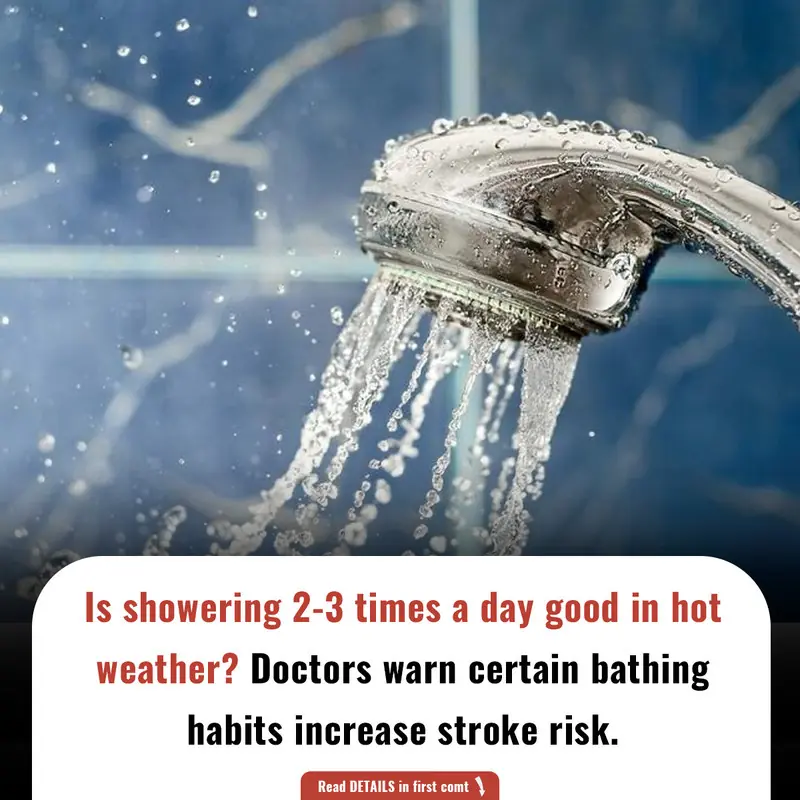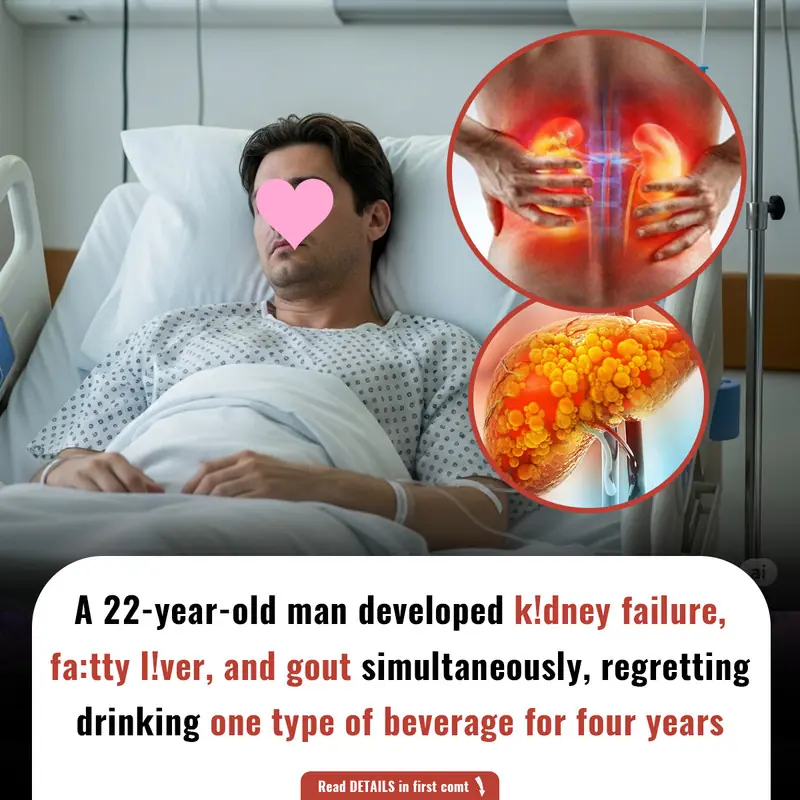Warning Signs Your Kidneys May Be Failing: 8 Symptoms You Should Never Ignore
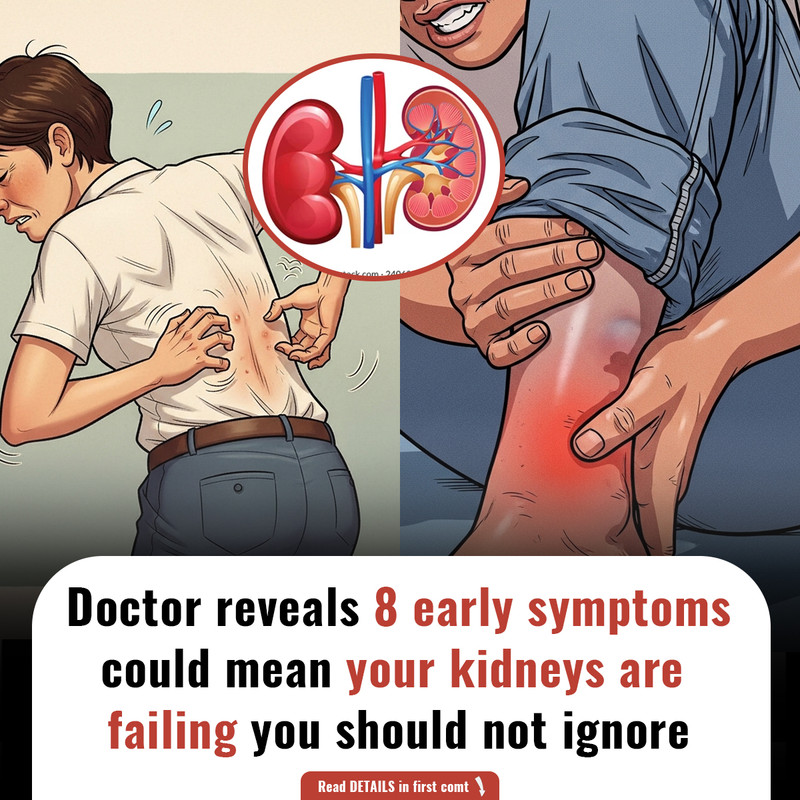
Kidney health is crucial for your overall well-being, yet many people are unaware of the subtle symptoms that could indicate kidney problems. Early detection and intervention can prevent serious complications and improve quality of life. Are you at risk of kidney disease? Learn to recognize these eight warning signs your kidneys may be failing.
Understanding Kidney Function and Its Importance
Your kidneys perform vital tasks such as filtering waste and excess fluids from the blood, regulating blood pressure, balancing electrolytes, and producing hormones essential for red blood cell production and bone health. When kidney function declines, harmful toxins can accumulate, leading to chronic kidney disease (CKD) or even kidney failure.
According to health experts, kidney disease often progresses silently with few symptoms until significant damage occurs. Therefore, awareness of early warning signs is key.
8 Symptoms That Could Indicate Kidney Problems
-
Swelling in the Hands, Feet, or Face
The kidneys help remove excess fluid from your body. When they fail, fluid can build up, causing swelling or puffiness, especially around the eyes, ankles, and feet.
-
Changes in Urination Patterns
Noticeable changes such as frequent urination (especially at night), foamy or bubbly urine, difficulty urinating, or decreased urine output may signal kidney issues.
-
Fatigue and Weakness
A decline in kidney function can lead to anemia, causing feelings of tiredness, weakness, or difficulty concentrating.
-
Shortness of Breath
Fluid retention from kidney failure can build up in the lungs, causing breathlessness even during light activity.
-
Persistent Itching and Dry Skin
Waste accumulation in the blood can cause skin irritation and dryness, common symptoms in chronic kidney disease.
-
Muscle Cramps and Twitches
Electrolyte imbalances from impaired kidney filtration can lead to muscle cramps, spasms, or twitching.
-
Loss of Appetite and Nausea
A buildup of toxins may cause digestive issues such as nausea, vomiting, or a metallic taste in the mouth.
-
High Blood Pressure
The kidneys play a key role in regulating blood pressure. Kidney dysfunction can contribute to elevated blood pressure, which further damages kidney tissue in a vicious cycle.
Who Is at Risk for Kidney Disease?
Certain groups are more vulnerable to developing kidney problems, including those with:
Regular health screenings, blood tests, and urine analysis can help detect kidney impairment early.
When to See a Doctor
If you experience any of the above symptoms persistently, consult a healthcare professional promptly. Early-stage kidney disease can often be managed effectively through lifestyle changes and medication, slowing progression and preventing complications.
Tips for Maintaining Kidney Health
-
Stay hydrated by drinking adequate water daily.
-
Follow a balanced diet low in sodium and processed foods.
-
Manage blood sugar and blood pressure through regular check-ups.
-
Avoid overuse of painkillers and nephrotoxic substances.
-
Exercise regularly and maintain a healthy weight.
-
Avoid smoking and excessive alcohol consumption.
Conclusion
Kidneys are essential organs that often go unnoticed until problems arise. Recognizing early warning signs and understanding your risk factors can empower you to take control of your kidney health. Don’t ignore symptoms such as swelling, changes in urination, or unexplained fatigue — timely medical advice can save your kidneys and your life.


